H.R. 2788: End Driving While Intoxicated Act of 2025
The End Driving While Intoxicated Act of 2025 aims to reduce driving while intoxicated (DWI) fatalities and incidents by implementing a national standard requiring ignition interlock devices for individuals convicted of DWI offenses. Here’s a summary of what the bill proposes:
Key Findings
The bill states several findings supporting the need for such legislation:- There has been a significant increase in alcohol-impaired driving fatalities, resulting in a death every 39 minutes in the U.S.
- Driving while intoxicated deaths rose substantially between 2020 and 2021, with 13,384 fatalities reported.
- Studies suggest that ignition interlocks can reduce re-offending rates among DWI offenders by up to 70% while the devices are in use.
- 31 states and the District of Columbia already have laws requiring ignition interlocks for DWI offenders.
- The rise in polysubstance impairment poses additional risks on the roads, with many drivers testing positive for multiple substances.
National Standard for Ignition Interlocks
The legislation proposes several requirements:- States must enact laws mandating ignition interlock devices for DWI offenders, which would allow them to drive only vehicles equipped with these devices for a minimum of 180 days after conviction or license suspension, with specific provisions for exceptions as determined by the state.
- If a state fails to comply, the federal government will withhold a percentage of federal highway funds:
- 3% in fiscal year 2027
- 5% in subsequent years
- If a state meets the requirements later, they can regain access to the withheld funds.
Terms and Definitions
The bill includes definitions for the following terms:- Driving While Intoxicated: As defined in existing federal law.
- Ignition Interlock: A device that prevents a vehicle from starting unless the driver passes a breath test.
- Motor Vehicle: Defined as per current regulations.
- Special Exception: Conditions under which a DWI offender may drive without an ignition interlock, as determined by state law.
- Violation: Actions that would breach the terms of using the ignition interlock, such as failing a breath test or tampering with the device.
Compliance and Penalties
The bill outlines consequences for non-compliance:- If states do not comply with the ignition interlock requirements, the withheld federal funds will lapse after a specified period.
- Funds withheld before compliance becomes available again can be apportioned back if the state meets the requirements within the authorized time frame.
Relevant Companies
None found.This is an AI-generated summary of the bill text. There may be mistakes.
Sponsors
13 bill sponsors
-
TrackTracey Mann
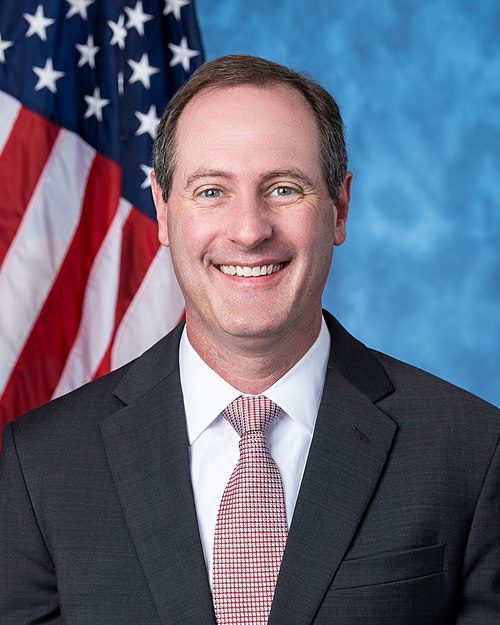
Sponsor
-
TrackNikki Budzinski
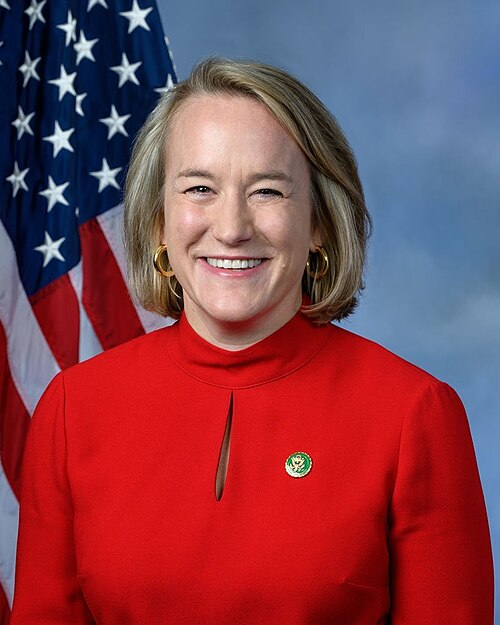
Co-Sponsor
-
TrackSean Casten
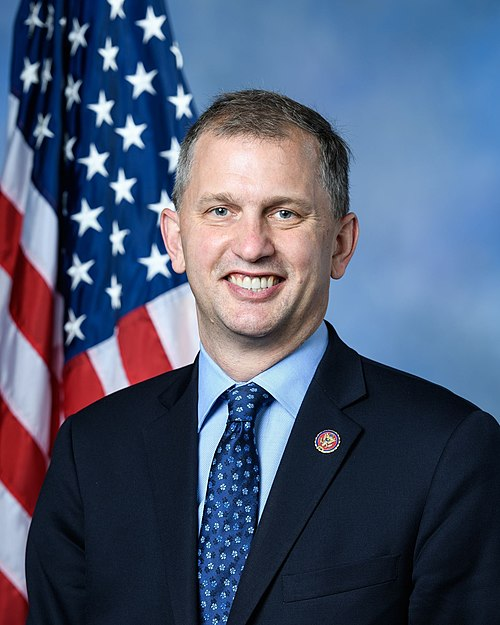
Co-Sponsor
-
TrackSteve Cohen

Co-Sponsor
-
TrackLaura Gillen
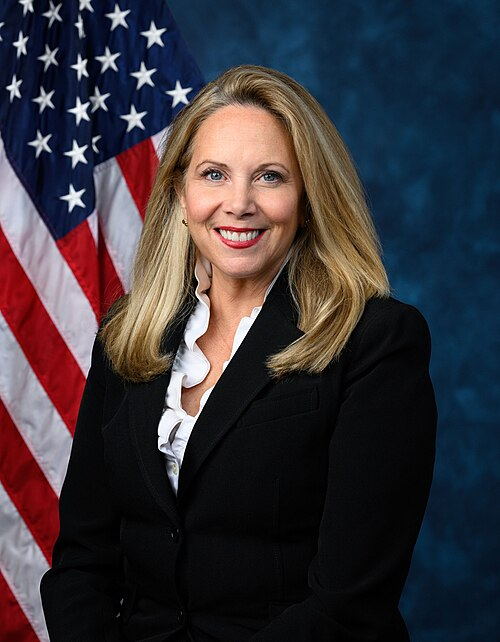
Co-Sponsor
-
TrackCraig Goldman
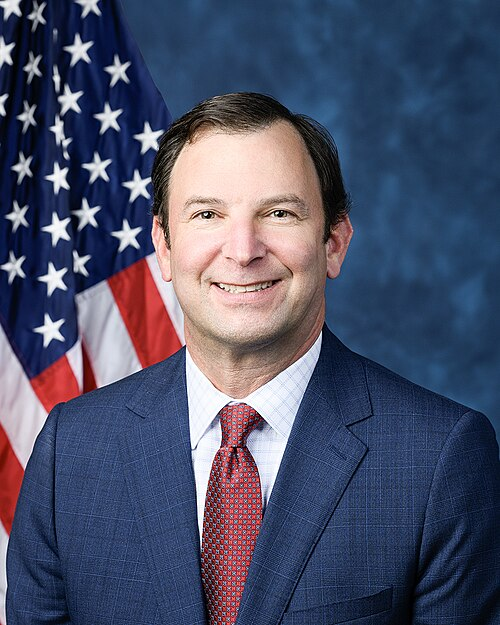
Co-Sponsor
-
TrackApril McClain Delaney
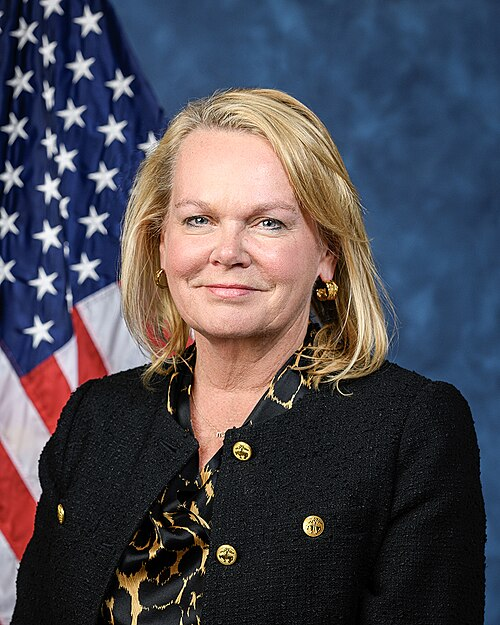
Co-Sponsor
-
TrackChris Pappas
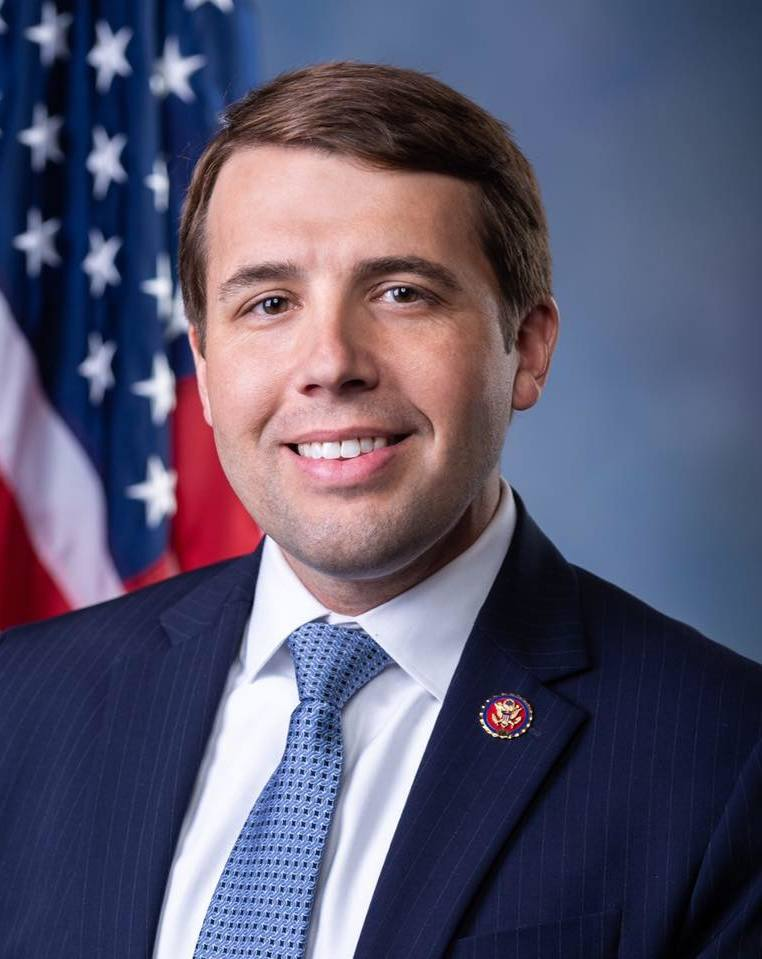
Co-Sponsor
-
TrackJamie Raskin
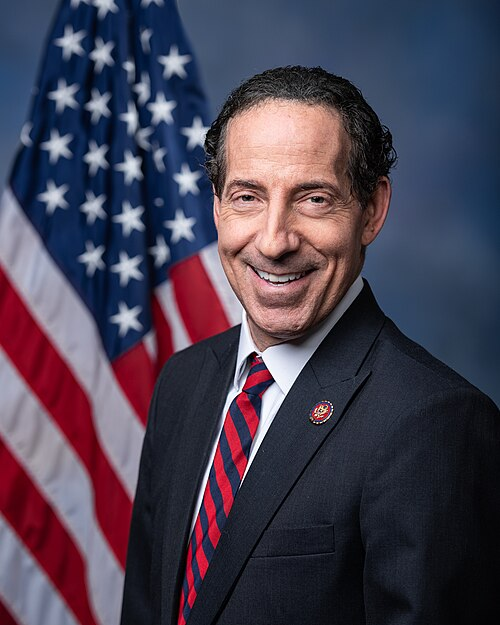
Co-Sponsor
-
TrackChristopher H. Smith
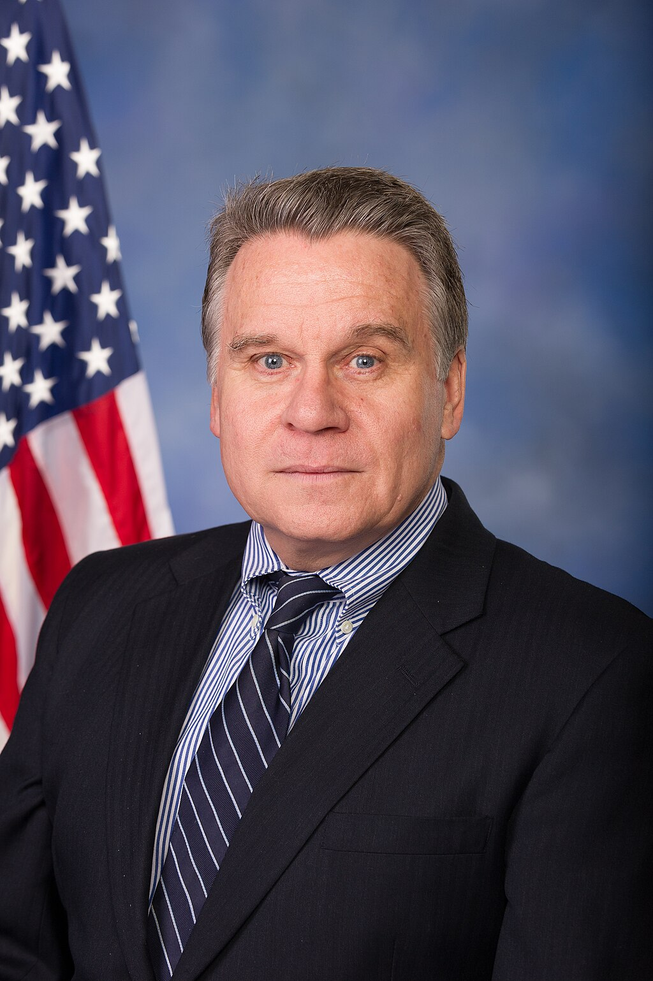
Co-Sponsor
-
TrackDina Titus

Co-Sponsor
-
TrackJill N. Tokuda

Co-Sponsor
-
TrackEugene Vindman
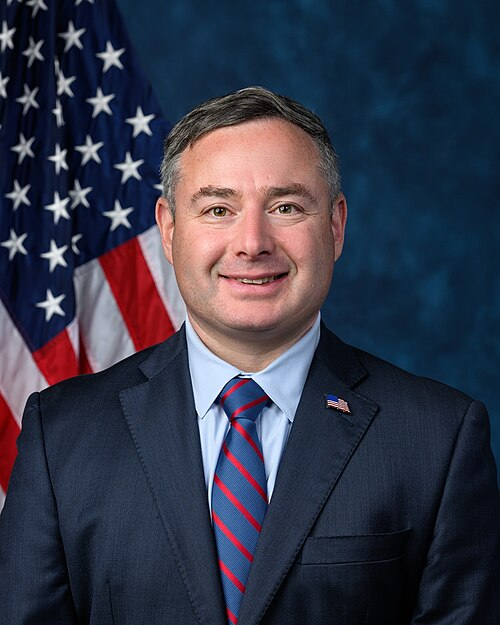
Co-Sponsor
Actions
3 actions
| Date | Action |
|---|---|
| Apr. 09, 2025 | Introduced in House |
| Apr. 09, 2025 | Referred to the House Committee on Transportation and Infrastructure. |
| Apr. 09, 2025 | Referred to the Subcommittee on Highways and Transit. |
Corporate Lobbying
0 companies lobbying
None found.
* Note that there can be significant delays in lobbying disclosures, and our data may be incomplete.
Potentially Relevant Congressional Stock Trades
No relevant congressional stock trades found.